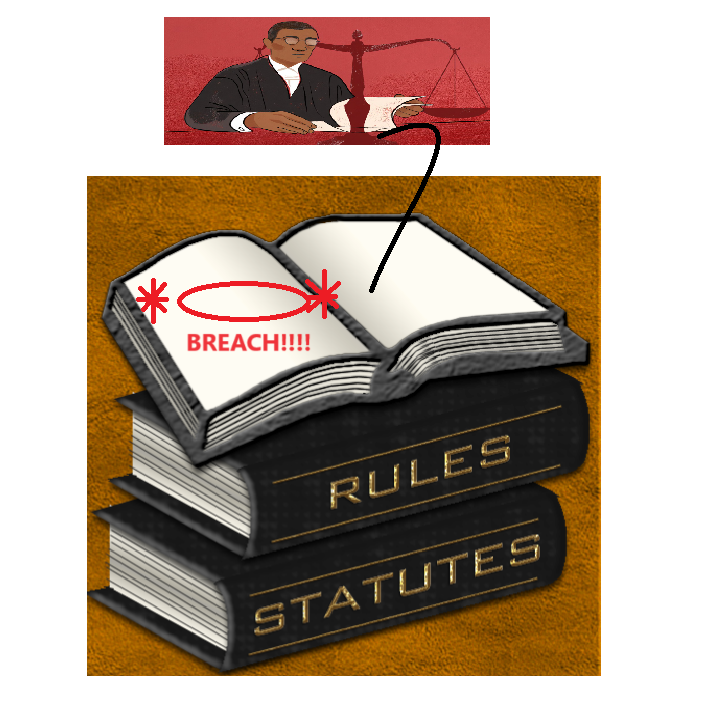Ashby v White (1703) 92 ER 126
Citation:Ashby v White (1703) 92 ER 126
Rule of thumb:What happens if you can prove to a Court that a legal right you have has been breached? If you can prove to a Court that legal right you have has been breached, it is the duty of the Court/Judge to provide an appropriate remedy to ameliorate the situation.
Judgment:
‘If the plaintiff has a right, he must of necessity have a means to vindicate and maintain it, and a remedy if he is injured in the exercise or enjoyment of it, and, indeed it is a vain thing to imagine a right without a remedy; for want of right and want of remedy are reciprocal.... And I am of opinion, that this action on the case is a proper action. My brother Powell indeed thinks, that an action upon the case is not maintainable, because here is no hurt or damage to the plaintiff; but surely every injury imports a damage, though it does not cost the party one farthing, and it is impossible to prove the contrary; for a damage is not merely pecuniary, but an injury imports a damage, when a man is thereby hindered of his right. As in an action for slanderous words, though a man does not lose a penny by reason of the speaking them, yet he shall have an action. So if a man gives another a cuff on the ear, though it cost him nothing, no not so much as a little diachylon, yet he shall have his action, for it is a personal injury. So a man shall have an action against another for riding over his ground, though it do him no damage; for it is an invasion of his property, and the other has no right to come there. And in these cases the action is brought vi et armis. But for invasion of another's franchise, trespass vi et armis does not lie, but an action of trespass on the case; as where a man has retorna brevium, he shall have an action against any one who enters and invades his franchise, though he lose nothing by it. So here in the principal case, the plaintiff is obstructed of his right, and shall therefore have his action. And it is no objection to say, that it will occasion multiplicity of actions; for if men will multiply injuries, actions must be multiplied too; for every man that is injured ought to have his recompence...Let us consider wherein the law consists, and we shall find it to be, not in particular instances and precedents; but on the reason of the law, and ubi eadem ratio, ubi idem jus’, Lord Holt.

Warning: This is not professional legal advice. This is not professional legal education advice. Please obtain professional guidance before embarking on any legal course of action. This is just an interpretation of a Judgment by persons of legal insight & varying levels of legal specialism, experience & expertise. Please read the Judgment yourself and form your own interpretation of it with professional assistance.

